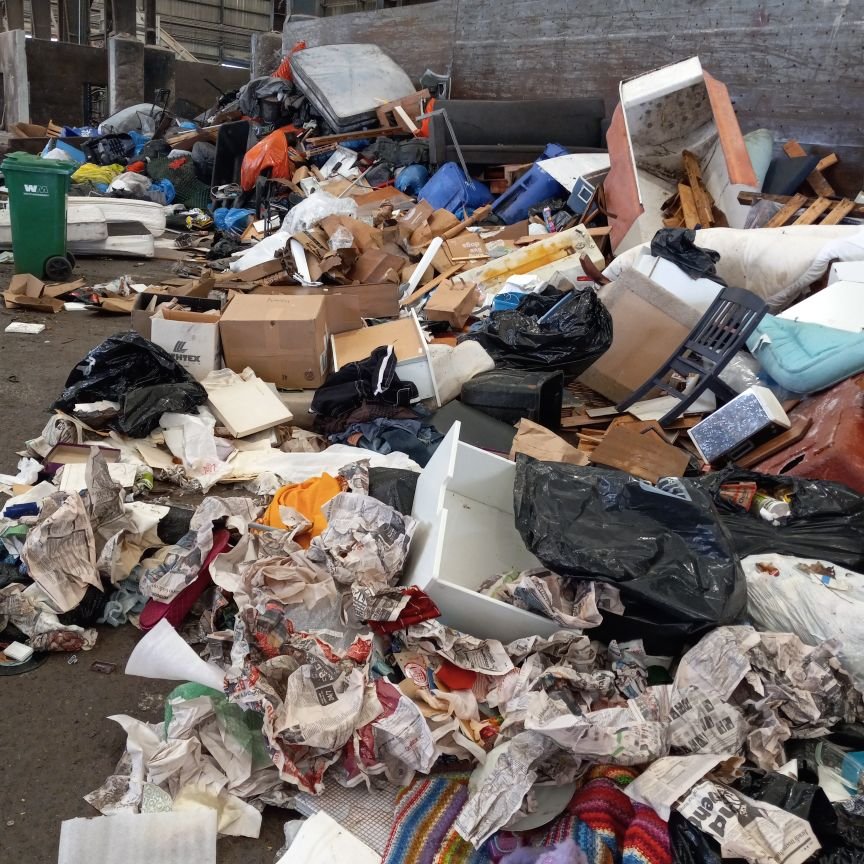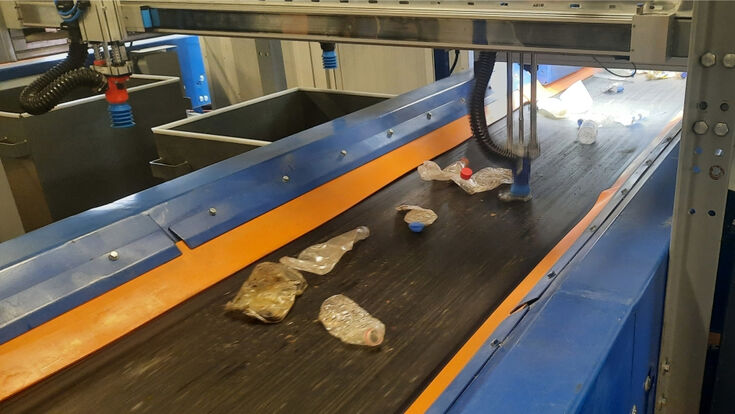Reclaim Waste Melbourne: Top Techniques to Efficient Liquid Waste Removal
Wiki Article
Fostering Resource Performance and Environmental Security Through Fluid Waste Removal Programs
In the world of environmental stewardship, the management of liquid waste stands as a crucial time where resource performance and environmental management assemble. Fluid waste removal programs play a crucial function in guarding our communities and ensuring sustainable growth practices. By diligently dealing with the disposal of fluid waste, communities and markets can not just reduce possible hazards however also unlock chances for reusing and repurposing important sources. As we navigate the intricacies of waste administration in a rapidly progressing globe, the harmony between ingenious modern technologies, strict laws, and forward-thinking techniques ends up being significantly paramount. With a lens of positive involvement and strategic foresight, the landscape of fluid waste administration introduces a tapestry of difficulties and opportunities that beckon us to discover the course towards a greener and even more sustainable future.Relevance of Fluid Waste Elimination
The value of fluid waste elimination hinges on its vital function in protecting environmental health and protecting public well-being. Fluid waste, otherwise appropriately handled, can present severe dangers to environments, water sources, and human health. Via reliable elimination processes, hazardous materials such as chemicals, virus, and contaminants are avoided from contaminating the setting and triggering detrimental results.Appropriate fluid waste elimination also aids in stopping the spread of diseases and lowering the capacity for groundwater contamination. By securely disposing of fluid waste, the risk of waterborne ailments and pollution-related health and wellness concerns is substantially reduced - Liquid waste removal. Furthermore, effective elimination methods add to keeping the general sanitation and looks of communities, therefore boosting the lifestyle for homeowners
In addition, liquid waste removal plays a vital duty in supporting sustainable growth and guaranteeing conformity with ecological regulations. By adhering to correct waste monitoring markets, services and methods can lower their environmental footprint and demonstrate company duty. Inevitably, purchasing robust liquid waste removal programs is important for promoting environmental stewardship and promoting a healthier, much safer future for all.

Advantages of Effective Disposal
Reliable disposal of liquid waste not only safeguards environmental wellness and public well-being however also generates countless benefits that prolong past immediate control measures. One essential benefit of efficient disposal is the reduction of contamination in water bodies and dirt. By correctly handling fluid waste, the risk of contamination reduces, maintaining communities and guarding biodiversity. In addition, efficient disposal methods add to source preservation. Via processes like recycling and energy healing, useful sources can be removed from fluid waste, promoting sustainability and decreasing the stress on raw materials. Additionally, taking on reliable disposal approaches can lead to cost savings for areas and companies. By maximizing waste management processes, companies can enhance operations, lessen disposal expenditures, and possibly produce earnings via the sale of recycled products. Generally, the advantages of effective liquid waste disposal are diverse, incorporating environmental management, resource efficiency, and financial benefits.Technologies for Waste Therapy
Using innovative innovations for waste therapy plays a vital duty in making sure the efficient monitoring and risk-free disposal of fluid waste. One of the essential modern technologies utilized in fluid waste treatment is biological therapy.Advanced oxidation processes (AOPs) have actually gained popularity for their capacity to degrade consistent natural pollutants in fluid waste via the generation of highly responsive hydroxyl radicals. Membrane layer technologies like reverse osmosis and ultrafiltration are efficient for dividing contaminants from fluid waste streams. Additionally, thermal treatment techniques such as incineration can be employed for the full destruction of harmful parts in liquid waste. In general, the combination of varied therapy innovations guarantees environmentally friendly and detailed administration of fluid waste.
Role of Regulations and Conformity
In the world of fluid waste monitoring, adherence to regulative structures and compliance requirements is critical for protecting environmental health and sustainability. Regulations play a crucial role in controling the correct handling, therapy, and disposal of liquid waste to avoid harm to communities and human health. By developing clear standards and requirements, regulative bodies ensure that businesses and people associated with liquid waste management run in an ecologically accountable manner.Conformity with these guidelines is not only a lawful demand but additionally a moral responsibility to protect the setting for present and future generations. It entails carrying out best techniques in waste collection, disposal, treatment, and transport to decrease environmental impact and advertise resource effectiveness. Non-compliance can result in penalties, legal activity, and reputational damage for companies, highlighting the significance of promoting regulative criteria.

Future Patterns in Waste Management

Another vital fad in waste administration is the adoption of advanced information analytics and expert system to enhance waste collection routes, boost arranging processes, and enhance total functional efficiency. These technologies make it possible for waste administration companies to make data-driven choices, causing cost savings and ecological benefits.
Furthermore, there is an expanding emphasis on the growth of decentralized waste administration systems, such as onsite treatment centers and mobile waste processing devices. These systems use versatility and scalability, permitting a lot more efficient waste handling in varied atmospheres.
Conclusion
Finally, fostering source efficiency and environmental management via liquid waste removal programs is crucial for lasting advancement. Effective disposal techniques, progressed technologies for waste therapy, and stringent policies play crucial roles in minimizing ecological impact. Looking ahead, continual development and renovation in waste administration techniques will be necessary for addressing the expanding difficulties of fluid waste disposal.In the realm of ecological stewardship, the management of liquid waste stands as an important juncture where resource effectiveness and ecological protection assemble (Reclaim Waste Melbourne).Using innovative technologies for waste therapy plays a critical role in making sure the reliable have a peek here monitoring and safe disposal of liquid waste.In the realm of liquid waste management, adherence to regulative frameworks and conformity criteria is extremely important for safeguarding environmental health and wellness and sustainability.In final thought, promoting source performance and ecological defense via fluid waste elimination programs is crucial for sustainable development. Looking ahead, continuous innovation and improvement in waste management practices will be important for dealing with the growing challenges of liquid waste disposal
Report this wiki page